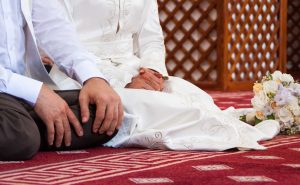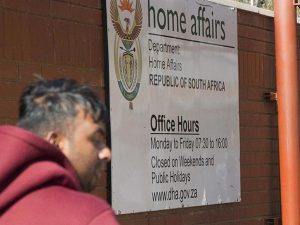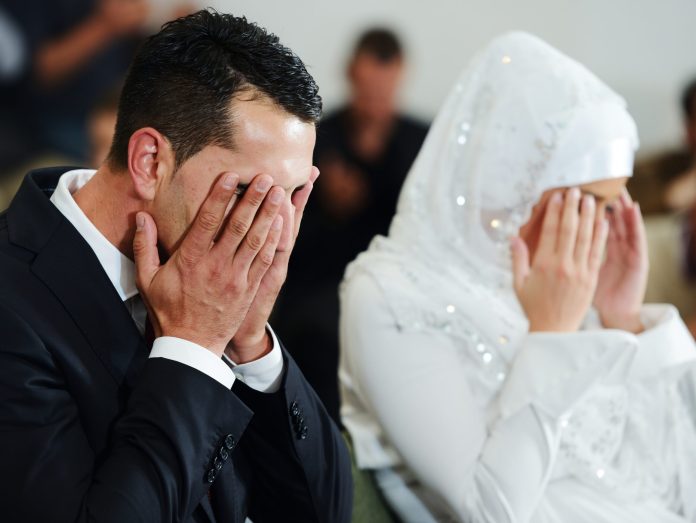Facebook Twitter (X) Instagram Somali Magazine - People's Magazine
In a groundbreaking moment, the Department of Home Affairs (DHA) of South Africa has issued the nation’s first-ever marriage certificates officially recognizing Muslim marriages. The move was announced by Minister of Home Affairs, Dr. Leon Schreiber, on 25 October 2024, marking a significant milestone for South Africa’s Islamic faith community.
A Milestone for the Muslim Marriages in South Africa
Minister Schreiber expressed personal pride in overseeing this historic action, noting that it was long overdue. “This is a major step towards enhancing the dignity of this faith community,” he said, acknowledging the important role the Islamic community has played in South Africa’s 350-year history. The certificates are seen as a recognition of their contributions and a step toward greater inclusivity and equality in South Africa.
Muslim Marriages Recognition: A Step Towards Nation-Building and Unity in Diversity
The issuance of these marriage certificates demonstrates South Africa’s commitment to unity in diversity. Schreiber emphasized that the DHA adjusted its internal systems to make these certificates possible, with an initial batch of 33 already issued. This initiative shows the department’s dedication to nation-building and to delivering dignity to all South Africans.

Requirements for Marriage Documentation in South Africa
For couples wishing to formalize their marriage under South African law, certain documentation is required:
Valid identity documents (for each individual).
For marriages involving a foreign national, valid passports and a completed BI-31 form.
Minors (under 18) require written consent from both parents, a legal guardian, or approval from the Commissioner of Child Welfare or a judge.
Divorced individuals must provide a final decree of divorce, and widowed individuals must submit a death certificate for their previous spouse.

Public Response to the Recognition of Muslim Marriages and Its Impact
The DHA’s decision has sparked positive responses from various communities, who view it as a step toward inclusivity for all faiths. This change marks a historic win for Muslim South Africans and a reaffirmation of the nation’s commitment to equality.

